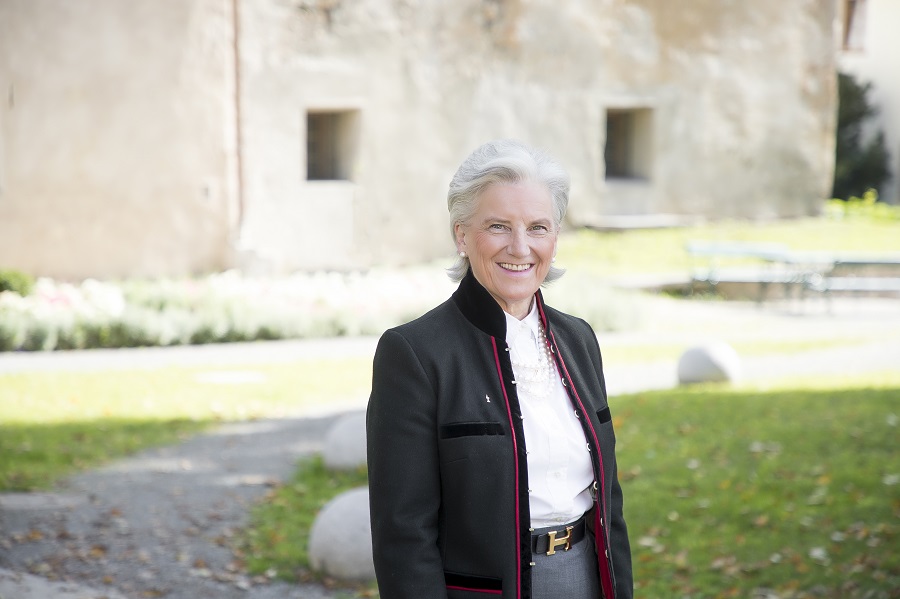
You might also like:
World Ski Awards has published the first series of interviews with ski industry leaders as part of its #Restart campaign to galvanise the recovery efforts of the collective global ski tourism industry in the wake of Covid-19.
The initiative includes interviews with the heads of ski resorts, hotels and chalets, ski agents and heliskiing operators on their experiences during lockdown, and their advice on how to navigate the crisis.
The #ReStart initiative is an on-going resource of information, practical advice, marketing and PR support, and a platform to aid the recovery of individual ski businesses.
World Ski Awards will continue adding new content, including interviews, to its website.
The goal is to bring the ski industry together, pool collective knowledge and foster cooperation.
As a southern hemisphere resort recently opened for its ski season, Australia’s Thredbo Resort offers an excellent insight into how resorts in Europe and North America will need to adapt their operations this winter.
The approach includes social distancing and sanitisation to reassure both guests and staff that everything possible is being done to provide a Covid-19 safe environment.
Thredbo’s Caroline Brauer, says: “We’ve gone to great lengths to deliver a robust Covid-19 Safe Operating Plan, to give our guests, our staff and our community the peace of mind they need in this climate.
“Being the first resort to re-open in Australia, we had significant attention from regulatory authorities and media.”
She adds: “Thredbo is rolling out a revised operating model including a range of social distancing, hygiene and sanitisation measures.
“We’re limiting the number of skiers and snowboarders on the hill each day, we have lift line spacing measures and limits on how many people can ride lifts together.”
Technology is playing a key in adapting after lockdown.
Gregg Quinn of Ski In Ski Out Chalets Thredbo, says: “We have developed a guest app as we needed a new way to deliver information to guests whom are in house.
“This included their personalised compendium for operating the television etc and the ability to order takeaway meals and pay for these online.
Russia’s Rosa Khotur, host of the 2014 Winter Olympics, is also leveraging technology to maximise guest safety.
Yury Kolobov, first deputy general director and chief executive of Rosa Khutor, says: “The resort has created a contactless environment: electronic plastic cards are used at check-in and check-out at the resort hotels; cashless payment; safe door handles in guest rooms and public areas; sneeze guards at reception desks and other public areas.
“Hotel entrances have disinfection barriers with fine-disperse spraying of the safe disinfectant.”
Rosa Khutor’s staff all undergo weekly laboratory clinical testing and are provided with necessary personal protective equipment.

Whilst ski organisations are pursing a variety of measures to tackle the post-Covid landscape, a unifying consensus is the need for industry-wide collaboration.
Signe Reisch, president of Kitzbühel Tourism, says: “Now more than ever it is important to work together to exchange ideas, innovations and case studies, so everyone avoids making the same mistakes.
“Collaborations, if done constructively, can only be a win-win situation.”
The message of cooperation is reinforced by Rosa Khutor chief Kolobov, who says: “International cooperation is a necessity of the 21st century.
“Partnership in different sectors has been developed all over the world.
“Tourism is no exception, especially with regard to the losses caused by the current crisis.
“One outstanding example is the development of international tourism at Rosa Khutor in cooperation with the best partner resorts, including Kitzbühel and Shymbulak.”
John Forrest of North Western Heliskiing is also in accord, adding: “We are all in this together.
“As an industry we want to demonstrate that is safe and still fun to go skiing.”

Signe Reisch of Kitzbühel Tourism remains upbeat about the outlook of the ski industry, and that it will be business as usual this winter.
She says: “Since skiing is an open-air sport, the infection chance is negligible.
“For resorts that have always operated on high quality standards, there won’t be much change.
“Maybe outdoor sport will become more popular.
“People will certainly be more aware of where they book and of the standards of the places they look into.”
Rosa Khutor also sees more people seeking solace and relaxation in a mountain environment, both this summer and next winter.
Kolobov adds: “Many are ready to come to rest in the mountains, as it is the best place to recharge, restart, focus on physical activity and enjoy the fresh air.
“That’s why this year we are focusing on healthy and active rest.
“We have prepared new mountain hiking and cycling routes.”
With many people curtailing their summer holidays, this could lead to a surge in bookings for winter holidays, and ski in particular.
Andy Castle, the founder and director of Ski In Luxury, concludes: “People are desperate for holidays having been in lockdown for so long.
“If they are unable to travel to their usual beach or summer destination due to travel restrictions, there is definitely a great chance that people will consider trying to ski.
“There will be those that have sat throughout lockdown, making lists of things they should have done or want to do in their lives.
“Skiing will undoubtedly be on many bucket lists.”
Get involved in #ReStart
If you have your own recovery plan in place, let the World Ski Awards team know and they will include this in their #ReStart campaign.
Do share any positive news stories and experiences that can offer hope or inspiration to others.
World Ski Awards will interview you about your #ReStart efforts.
Or send any day-to-day practical guidance and recovery advice that can aid the collective effort.
Source: breakingtravelnews.com
